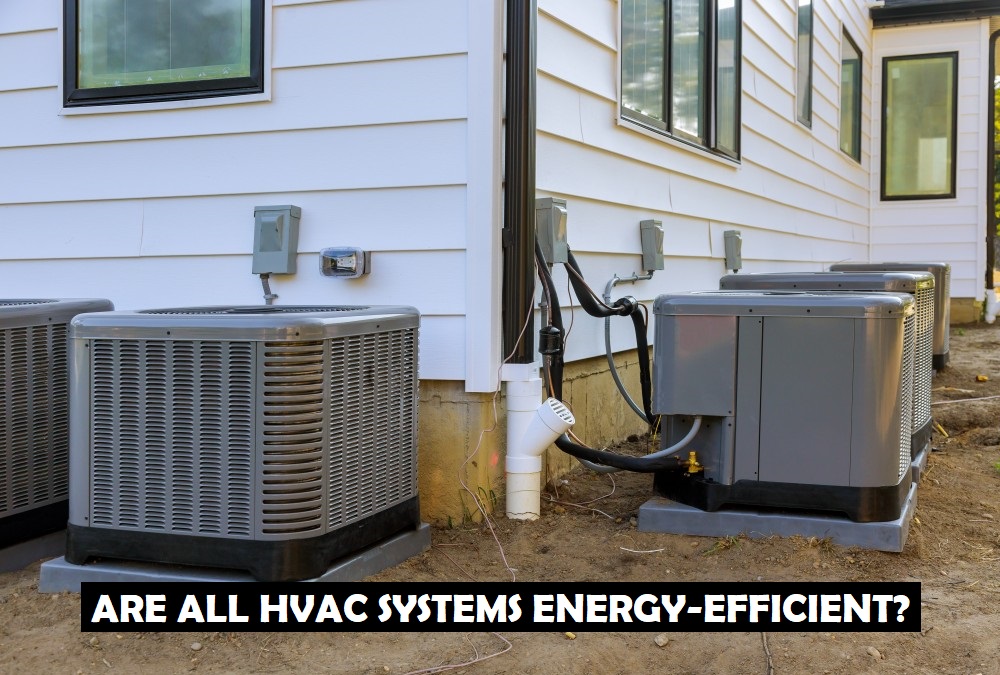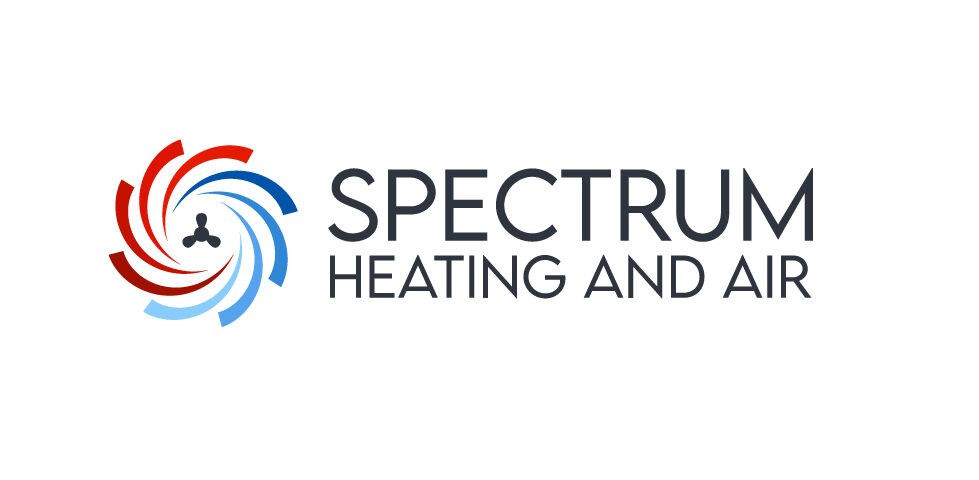Heating, Ventilation, and Air Conditioning (HVAC) systems play a vital role in maintaining comfortable indoor environments, regardless of the external weather conditions. However, with the growing concerns over energy consumption and environmental impact, the focus has shifted towards energy-efficient HVAC systems. In this article, we will explore the concept of energy efficiency in HVAC systems, its benefits, and how you can improve the energy efficiency of your HVAC system.

Energy Efficiency in HVAC Systems
Energy-Efficient HVAC Components:
Modern HVAC systems are designed with energy efficiency in mind. Manufacturers use advanced technologies and materials to enhance the performance of individual components. For example, variable-speed motors in air handlers and compressors can adjust their operation based on the actual demand, consuming less energy compared to traditional fixed-speed motors.
SEER Ratings and Energy Efficiency:
The Seasonal Energy Efficiency Ratio (SEER) is a standard metric used to measure the energy efficiency of air conditioners and heat pumps. Higher SEER ratings indicate better energy efficiency. Newer HVAC systems typically have higher SEER ratings, leading to reduced energy consumption and lower utility bills.
Energy Star Certified HVAC Systems:
Energy Star is a program by the U.S. Environmental Protection Agency (EPA) that identifies and promotes energy-efficient products. Energy Star Certified HVAC systems meet stringent energy efficiency guidelines, providing significant energy savings and environmental benefits.
Benefits of Energy-Efficient HVAC Systems
Cost Savings:
One of the most significant advantages of energy-efficient HVAC systems is the potential for cost savings. While these systems might have a higher upfront cost, their reduced energy consumption results in lower utility bills over time, eventually offsetting the initial investment.
Environmental Impact:
Traditional HVAC systems can be energy-intensive and contribute to greenhouse gas emissions. Energy-efficient HVAC systems help reduce carbon footprints, promoting sustainability and a greener environment.
Enhanced Comfort:
Energy-efficient HVAC systems not only save energy but also offer improved comfort. They can regulate temperature and humidity more effectively, providing a consistent and pleasant indoor environment.
Tips for Improving HVAC Energy Efficiency
Regular Maintenance:
Regular maintenance is crucial for keeping HVAC systems running optimally. Simple tasks like cleaning air filters, checking for refrigerant leaks, and lubricating moving parts can significantly improve energy efficiency.
Programmable Thermostats:
Installing programmable thermostats allows you to set specific temperatures for different times of the day, reducing unnecessary energy consumption when you are not at home.
Proper Insulation:
Well-insulated homes retain indoor temperature better, reducing the workload on HVAC systems. Adequate insulation can lead to substantial energy savings.
The Future of Energy-Efficient HVAC Systems
As technology continues to advance, the future of HVAC systems looks promising. Innovations such as smart HVAC systems, utilizing artificial intelligence and machine learning, will likely play a pivotal role in further improving energy efficiency.
In conclusion, not all HVAC systems are energy-efficient. However, advancements in technology have led to the development of energy-efficient HVAC components and systems, providing numerous benefits. Energy-efficient HVAC systems not only save money but also contribute to a greener and more sustainable future.

